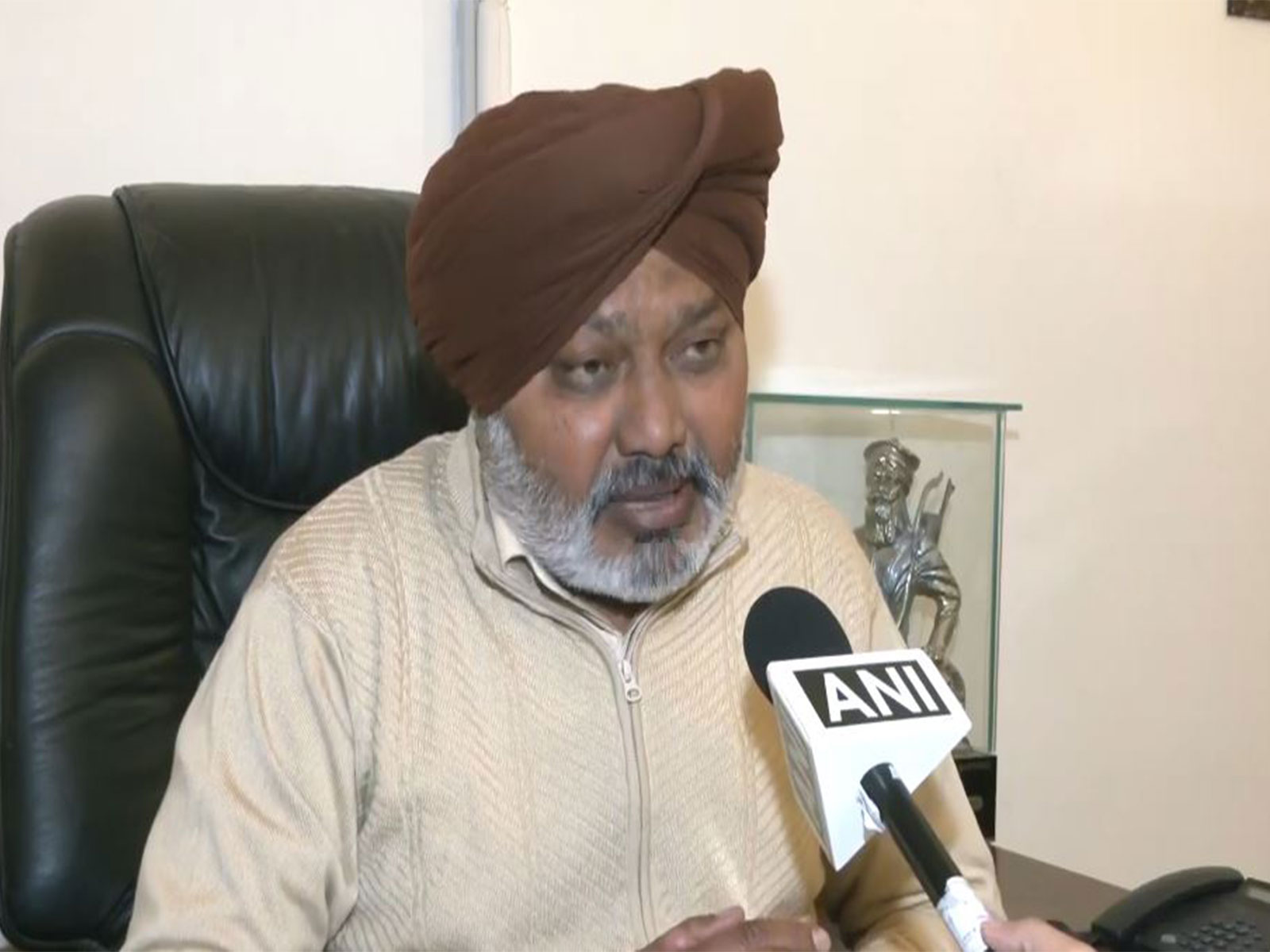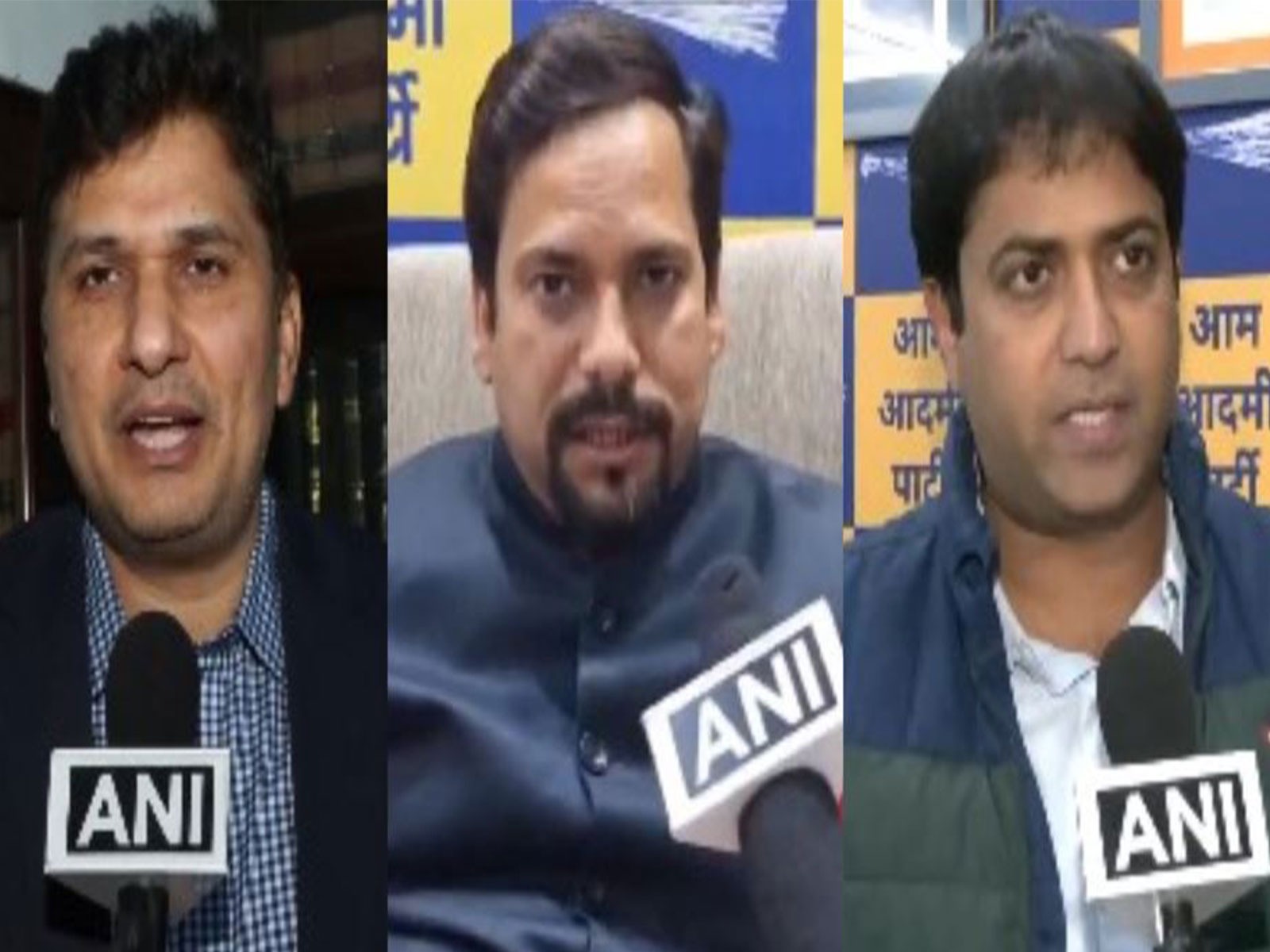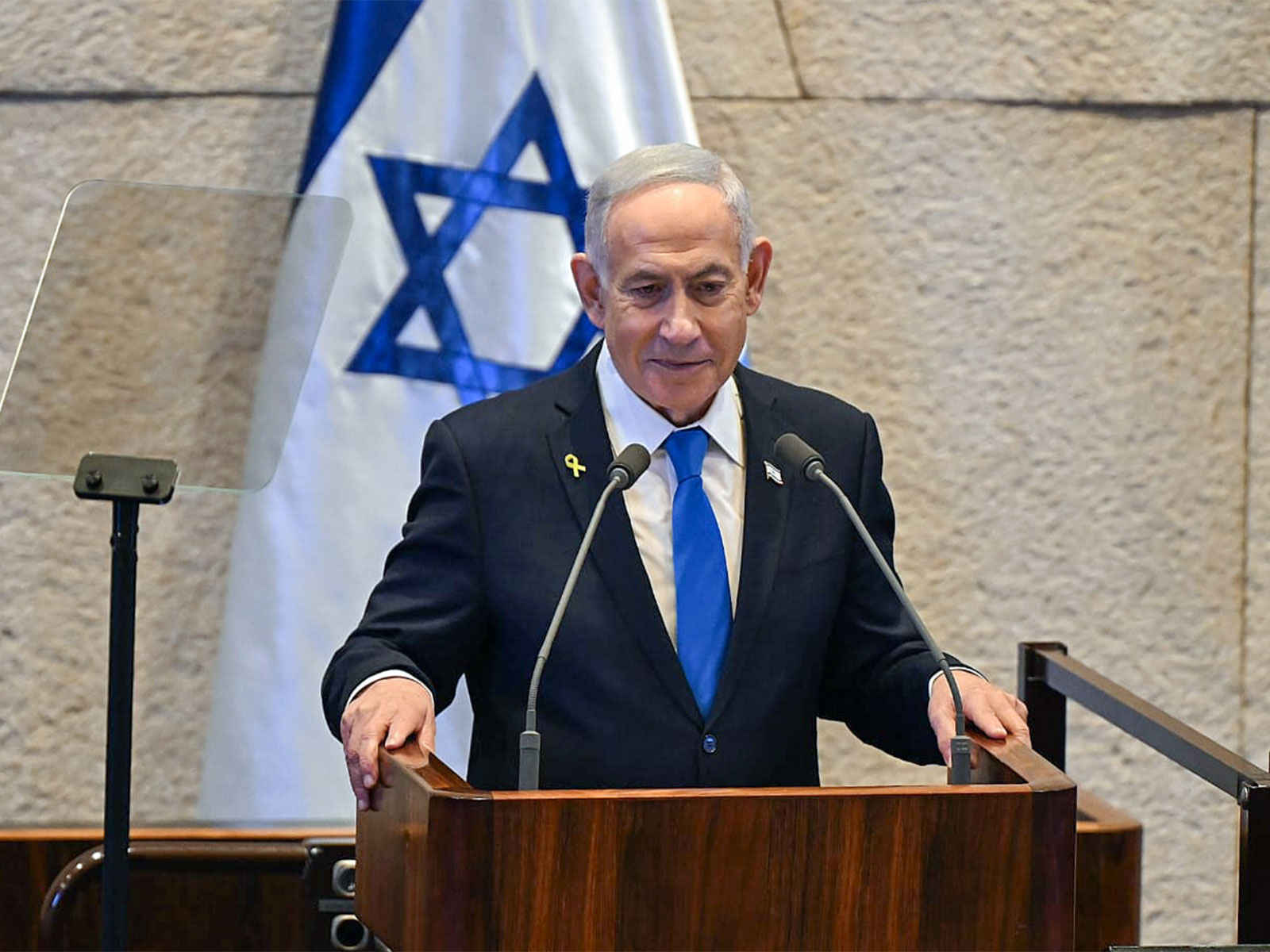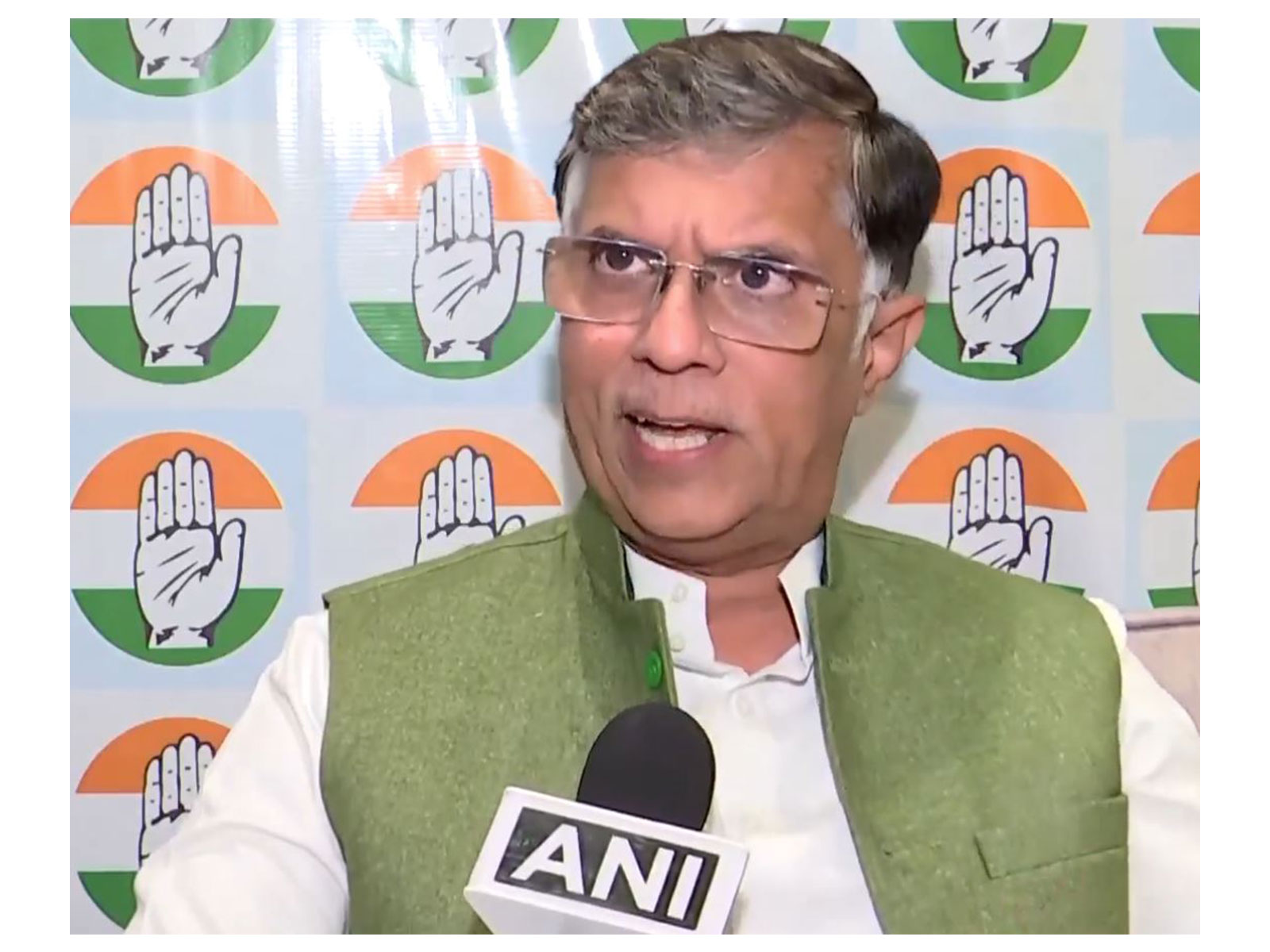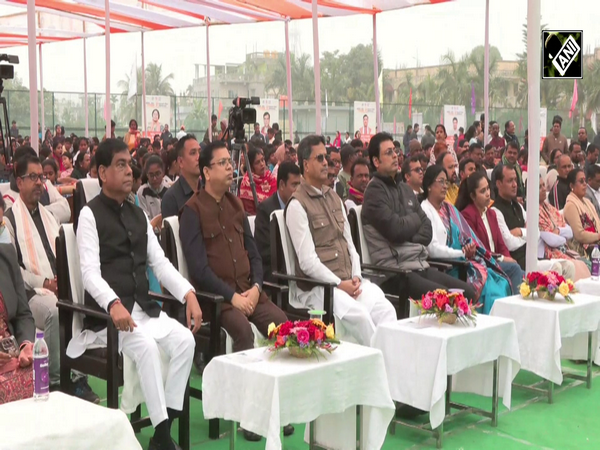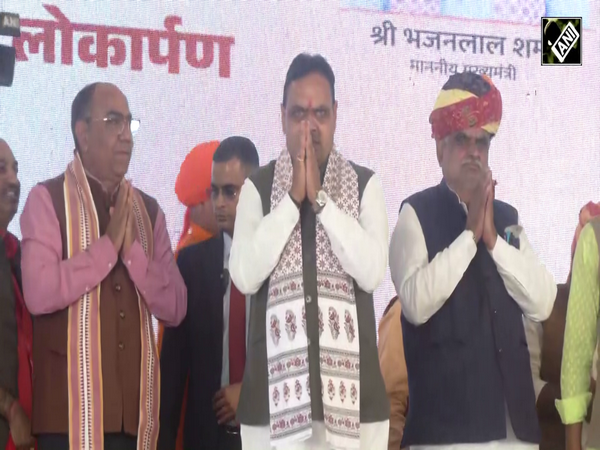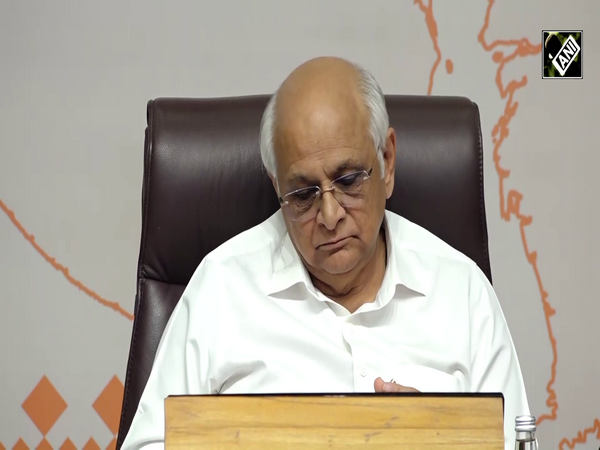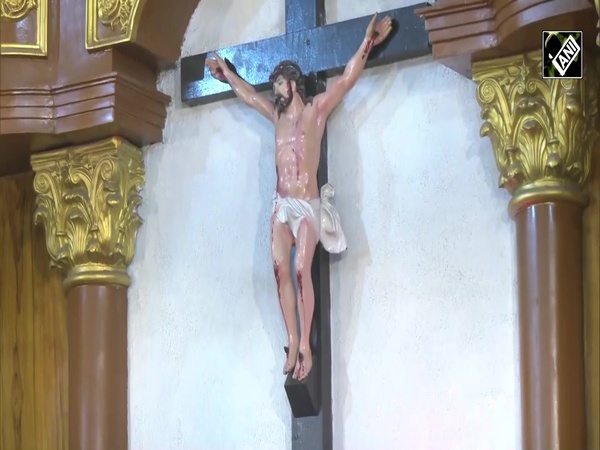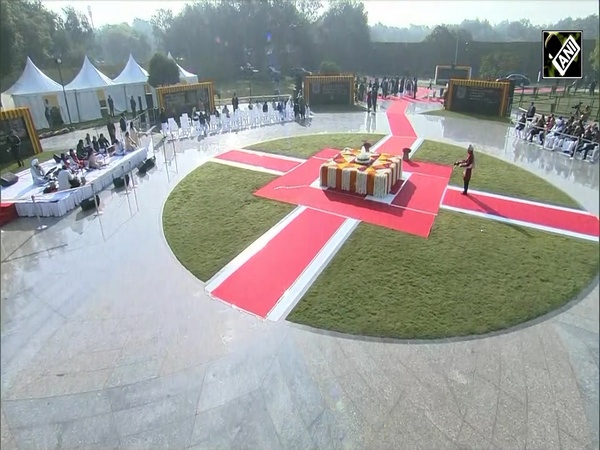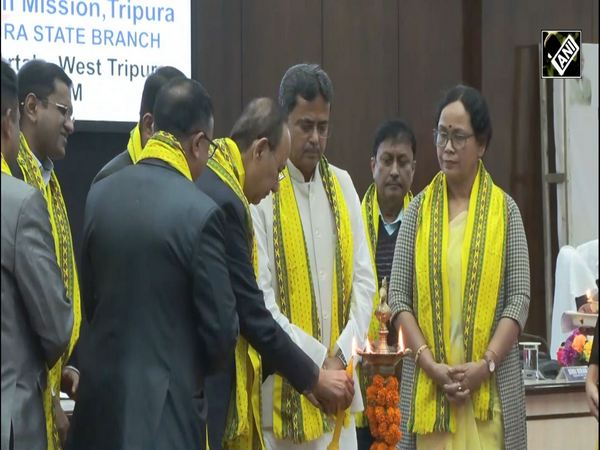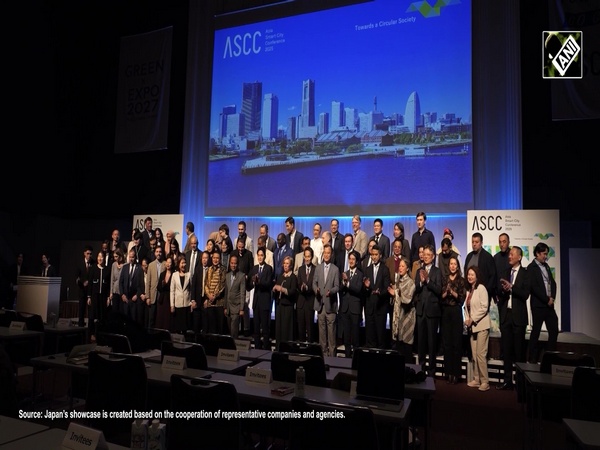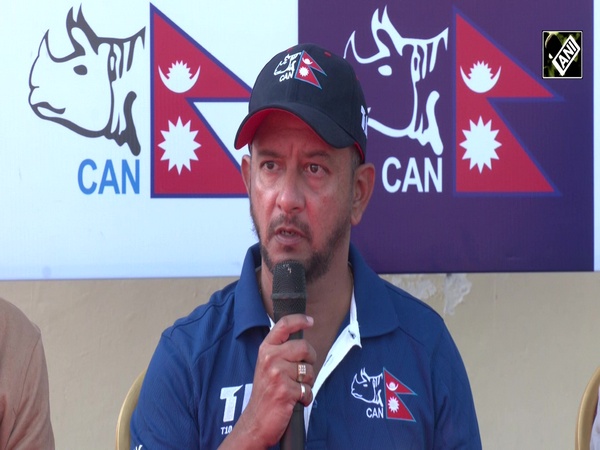Increased support from educated voters extends PM Modi's support base: Economist
Mar 30, 2024

New Delhi [India], March 30 : An editorial in the Economist Magazine says that ahead of the 2024 Lok Sabha Polls, Prime Minister Narendra Modi's support base amongst educated voters has increased leading to a larger support base for him and the Bharatiya Janata Party.
The Economist in its analysis says that support for politicians who are traditionally seen as 'ant-establishment,' like former US President Donald Trump, is inversely co-related to university education among the voters. However, the same does not hold true for Prime Minister Modi.
The article quotes a Pew Survey of 2017 where 66 percent of votes with a less than primary school education had a favourable view of PM Modi, while the number was 80 percent among those with some higher education.
Another survey quoted is by CSDS done after the Karnataka assembly election in 2023 which shows that 45 percent of university educated voters supported PM Modi, while 32 percent of those who had not gone to university also showed support.
According to the Centre for Policy research, the BJP had substantially increased it vote base amongst rural and OBC voters between 2014 and 2019 with a jump from 32 percent to 44 percent support, say the Economist.
In the 2014 general election where the BJP displaced the Congress as the ruling party the BJP had 31.3 percent of the cumulative vote share while in 2019 that vote share jumped to 37.36 percent.
The Economist lists three key factors for this rise- class politics, economics, and elite admiration for strongman rule.
The article argued that PM Modi, who himself comes from a relatively low caste, has marketed his party, BJP, as a caste agnostic party, allowing him to retain support from high-caste groups while extending the party's reach to others.
Quoting Neelanjan Sircar, a political scientist at the Centre for Policy Research, a think-tank in Delhi, the Economist article noted that the well-educated professional class across India broadly does not identify with the bureaucrats, researchers, and the media in Delhi. It goes on to argue that PM Modi's antipathy to the capital's elite has not cost him support among others elsewhere.
The second among the factors is economic. India's GDP grew at a massive 8.4 per cent during the October-December quarter of the current financial year 2023-24 and the country continued to remain the fastest-growing major economy.
This growth, according to the Economist, is driving a rapid increase in the size and wealth of the Indian upper-middle class. Goldman Sachs has called this phenomenon the rise of "affluent India" and calculated that the number of Indians with an annual income of USD 10,000 or more grew from 20 million in 2011 to 60 million in 2023, and will hit 100 million by 2027.
One rough indicator of this, according to the article, is sales of vehicles. Sales of cars, which tend to be bought by richer Indians, have grown by around 15 per cent since before the pandemic.
PM Modi's tenure has increased India's economic and geopolitical standing in the world, too, it argued. It quoted a fund manager based in Mumbai, who said that her friends worried about perceptions of India when Narendra Modi was elected Prime Minister. In fact, the opposite happened, partly because of India's economic heft, and its importance as a counterweight to China. PM Modi has been welcomed with open arms by leaders worldwide.
The third factor the article argued, is that India's elites see PM Modi's foreign policy as nationalist yet pragmatic. They like how he thumbs his nose at liberal Western institutions and the media, in a similar fashion to other anti-globalist strongmen, while promoting Indian interests, the article read.
India under PM Modi has negotiated four new trade deals since 2021, most recently with a grouping of four non- European countries on March 10.
The final factor is PM Modi's 'strongman' image. The Economist quotes a survey by Pew published in February which found that 67 per cent of Indians thought that "A system in which a strong leader can make decisions without interference from parliament or courts would be a good way of governing their country."
Many internationally minded Indians say Donald Trump is too autocratic for America but that PM Modi is the right man for their country, the article read.
The articles says that most elites have also lost faith in Congress and its leader, Rahul Gandhi, who is seen as dynastic and out of touch. While a stronger opposition could see some support erode, the Economist says that is nowhere in sight.
